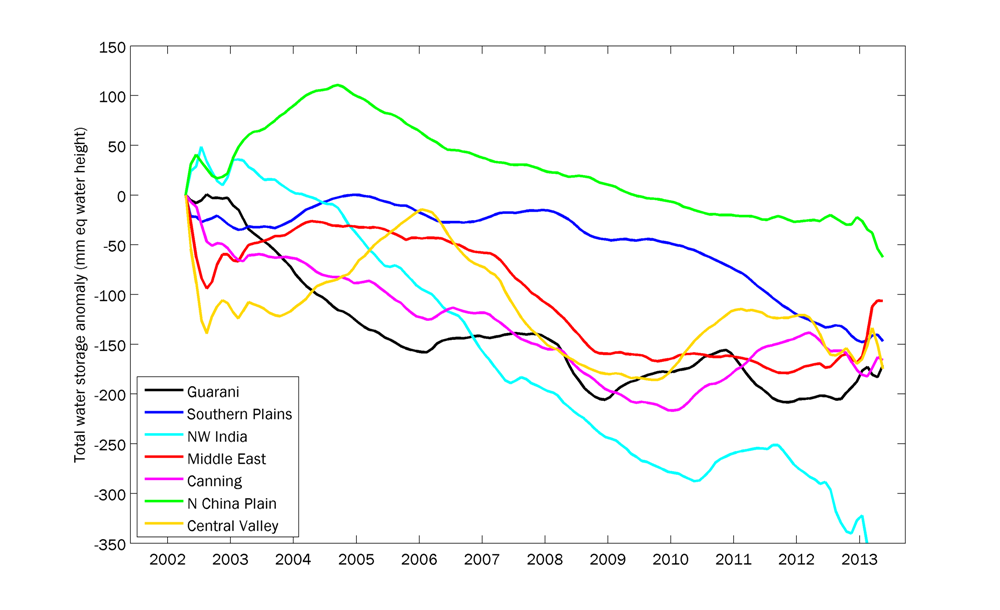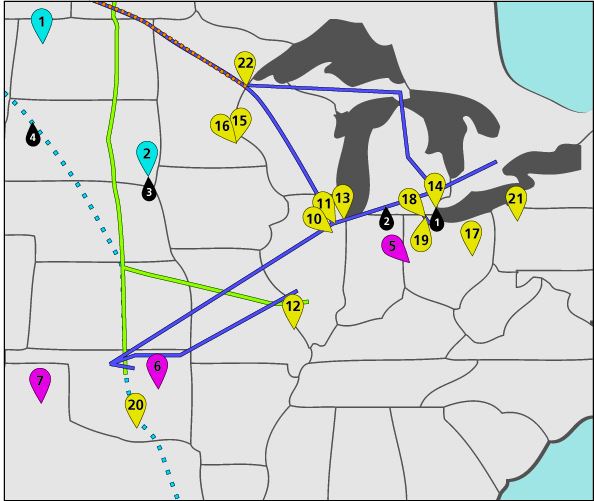Global Coal Consumption Up 48 Percent 2001-2010, and Four Other Prominent Numbers from the BP Energy Review
Renewable energy consumption increases, but King Coal is tenacious.
Last week BP released its annual Statistical Review of World Energy, a bevy of data on all things mechanically metabolic, which, when combined with the historical tables, can give an energy-stats geek heaves of joy.
If you don’t fall in that category, here are some key numbers. But if you do, the full report can be found here, and the complete historical tables here. Remember to breathe.
King Coal
Global coal consumption rose 5.4 percent in 2011. The world’s second-most popular fossil fuel now accounts for 30.3 percent of global energy consumption. Oil, the primary transportation fuel, comes first.
The remarkable trend, however, is coal’s growth in the last decade. Comparing 1991 to 2000, consumption grew just 9 percent. But comparing 2001 to 2010, use of the fuel increased 48 percent.
What is driving that increase? In a word, China. From 1991 to 2000, the world’s second largest economy increased its coal consumption by 35 percent. In the next decade, coal use more than doubled, rising by 132 percent.
China’s maw is enormous. The country burns just under half of global coal consumption. And as Circle of Blue found in Choke Point: China, feeding demand for the resource has serious effects on water supplies, both domestically and in exporting countries, like Australia, that have hitched themselves to the boom.
But cheap and abundant natural gas is a threat to coal, especially in the United States. Market prices have collapsed and share prices for coal companies have plummeted. U.S. coal consumption for electricity is the lowest since at least 1973, when the U.S. Energy Information Administration began keeping monthly statistics.
“We face a structural change,” a mining executive told the Financial Times.
A Long Time until Convergence
Global consumption of non-hydroelectric renewable energy (meaning: solar, wind, biomass, waste and geothermal) rose 17.7 percent, but this category still comprises only 1.5 percent of total global primary energy.
If you ignore transportation fuels, non-hydro renewables fare a bit better, comprising roughly 4.5 percent of electricity generation in 2009, according to the International Energy Agency.
Earlier last week, the United Nations Environment Programme published its annual analysis of global investment in renewable energy. Using data through 2010 from Bloomberg New Energy Finance, the report found that renewable energy investment reached a record US$257 billion. The rate of investment, however, slowed from the year before.
And a Continuing Divergence
China passed the U.S. as the world’s top energy consumer in 2009 and continues to pull away, increasing its consumption by 8.8 percent over the last year, while energy use in the U.S. fell by 0.4 percent.
A Sign of the Times in Europe
It’s no secret that economies in Europe have been teetering recently. Energy statistics reflect that, puttering in tandem to the economic forecasts. After rising in 2010, primary energy use in the European Union, which peaked in 2006, tumbled last year, decreasing 3.1 percent.
The Fracking Boom
The U.S. is producing a lot of natural gas. It’s the world leader, in fact, producing 20 percent of the global supply. The country, however, is still a net importer, though the gap has closed in the last year.
What did you find in the data? Contact Brett Walton
–Brett Walton
Circle of Blue reporter
Brett writes about agriculture, energy, infrastructure, and the politics and economics of water in the United States. He also writes the Federal Water Tap, Circle of Blue’s weekly digest of U.S. government water news. He is the winner of two Society of Environmental Journalists reporting awards, one of the top honors in American environmental journalism: first place for explanatory reporting for a series on septic system pollution in the United States(2016) and third place for beat reporting in a small market (2014). He received the Sierra Club’s Distinguished Service Award in 2018. Brett lives in Seattle, where he hikes the mountains and bakes pies. Contact Brett Walton









Leave a Reply
Want to join the discussion?Feel free to contribute!